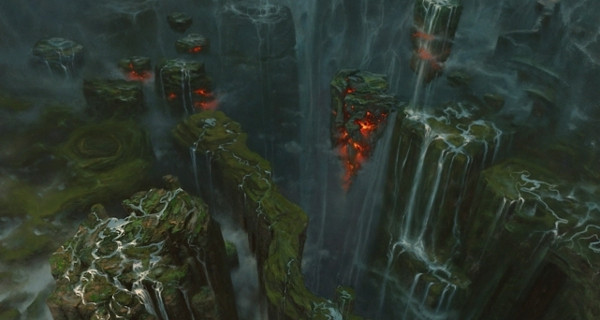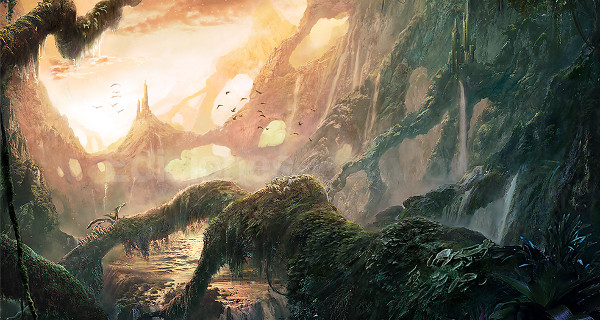Breaking the writer's block a bit with this random thought about D&D Next design which I published on the
D&D Next Facebook group, but that I wanted to make more "accessible" here.
It's
a bit of worry, something of a promise made by designers that I'm not
seeing in the playtest, or not enough: optional complexity.
As
of now I'm unsure that the design team remembers what was the
philosophy in this regard at the start of the designing process. Maybe
they focused on different things and simply left it for later, but given
how this requires a solid framework behind, I'm unfortunately more of
the opinion they forgot about it.
I'm talking about complexity
by "nested choices", which wasn't called like that, but was more or less like this (not actual quote, but I'm sure I can find the original):
"You can choose the basic Fighter and you have no choices to make, you
just get these bonuses every 2 levels. You want more complexity, then you
suddenly have to choose some things at first level and some more things
at the other levels, IN PLACE OF the basic bonuses. You want to
completely customize everything? Fine, but for adding maneuvers and
other complex things, you lose a bit on the "fixed numbers" aspect to
compensate your greater flexibility."
- This to me was the
heart of D&D Next, the lesson coming from 4e Essentials, which
demonstrated that you could change between AEDU and... AU, without
making the two choices unbalanced, possibly demonstrating that a lot
more differences could have been put into classes without losing
balance.
Where is this design philosophy now?
I saw it
here and there, for example with Signature spells (which are apparently
going away), and the fact you can choose Combat Styles or Rogue Schemes,
or you can make your own. But i this latter case, there's absolutely no
difference. I don't want mechanical reward or disadvantage for
complexity/choices, at all, but for example, they could have made the
really basic form of the classes devoid of it, adding just fixed numbers
or "pseudo maneuvers", showing that you can change the whole thing into
the expertise dice mechanic and it's the same class, but with more
complexity. A bad example maybe (too much difference), but something
similar could have been achieved (a fixed default style/scheme embedded
into the class for example).
Anyway, these are just small
things. The philosophy entails much more, both in the simplicity
direction and the complexity direction.
Eventually,
one should be able
to play a "very simple wizard" (perhaps in the form of a re-flavored
Sorcerer/Elementalist..?) or a "very complex fighter", in the same
game.
I hope I'll be able to "remind" the developers of this
philosophy with some feedback, because to have this "optional
complexity/simplicity", the system must be tailored to support the whole
thing.

















